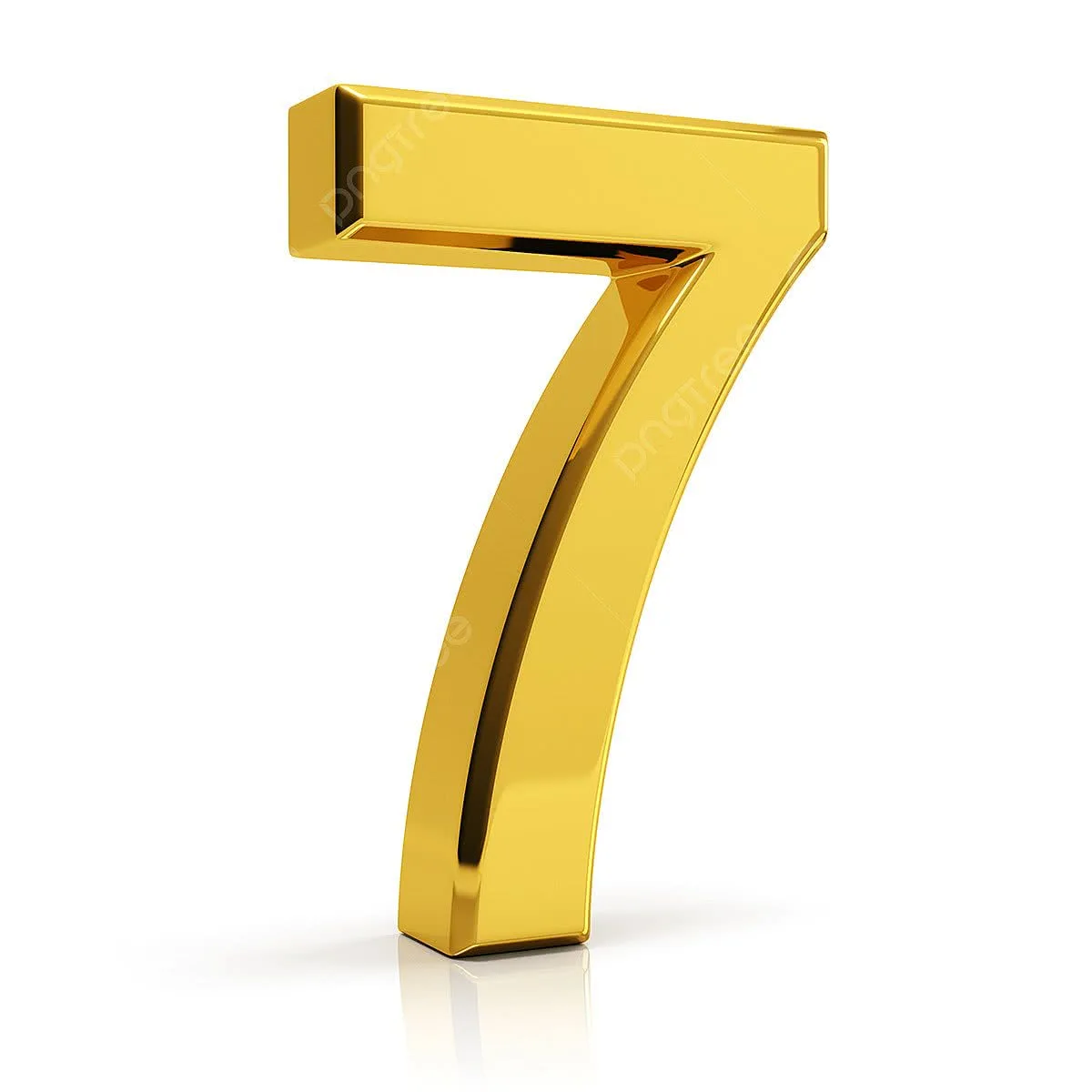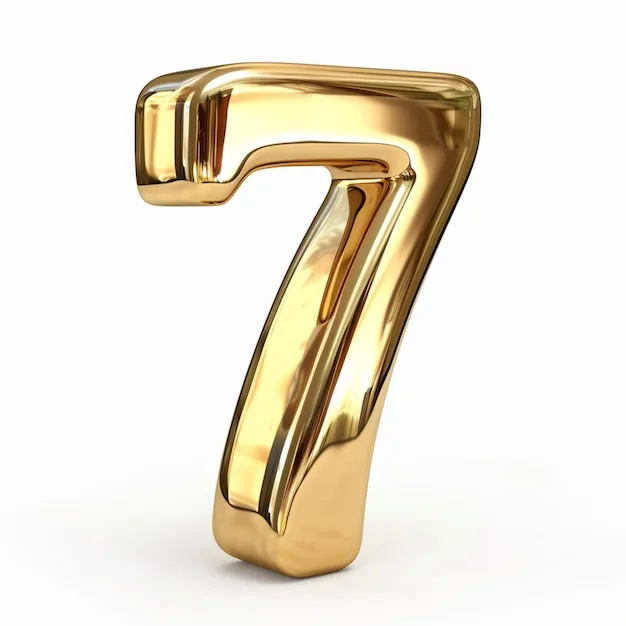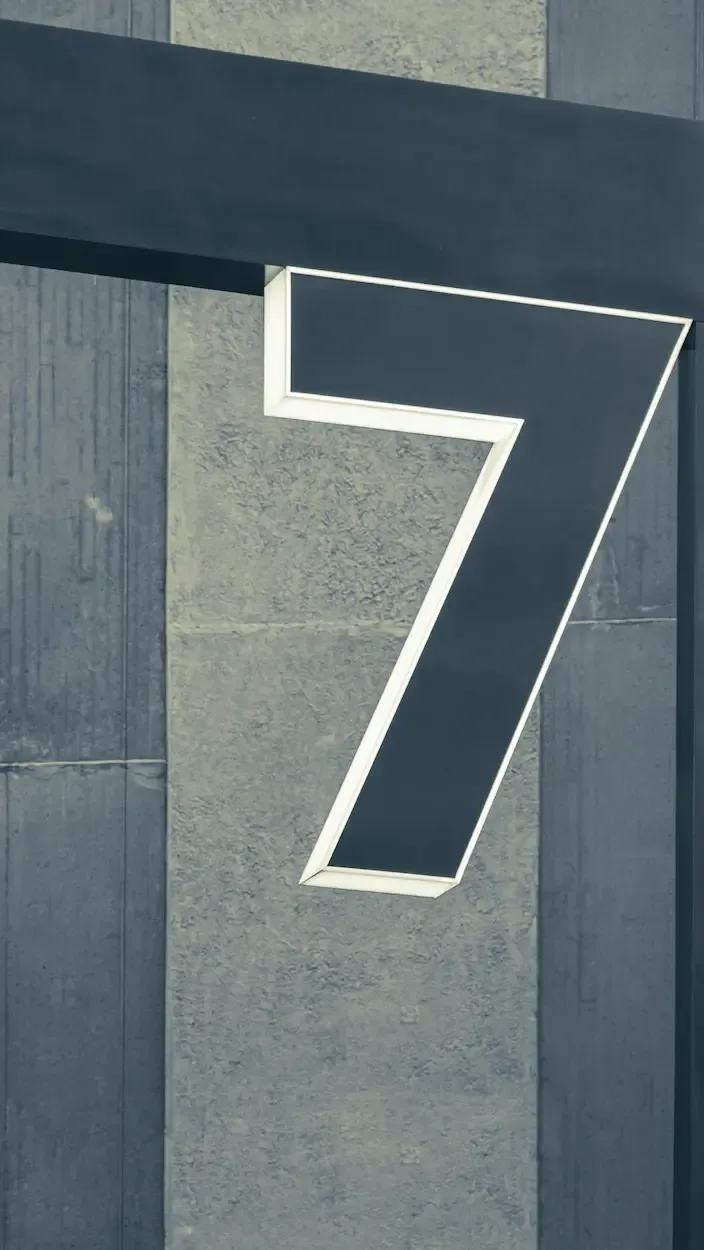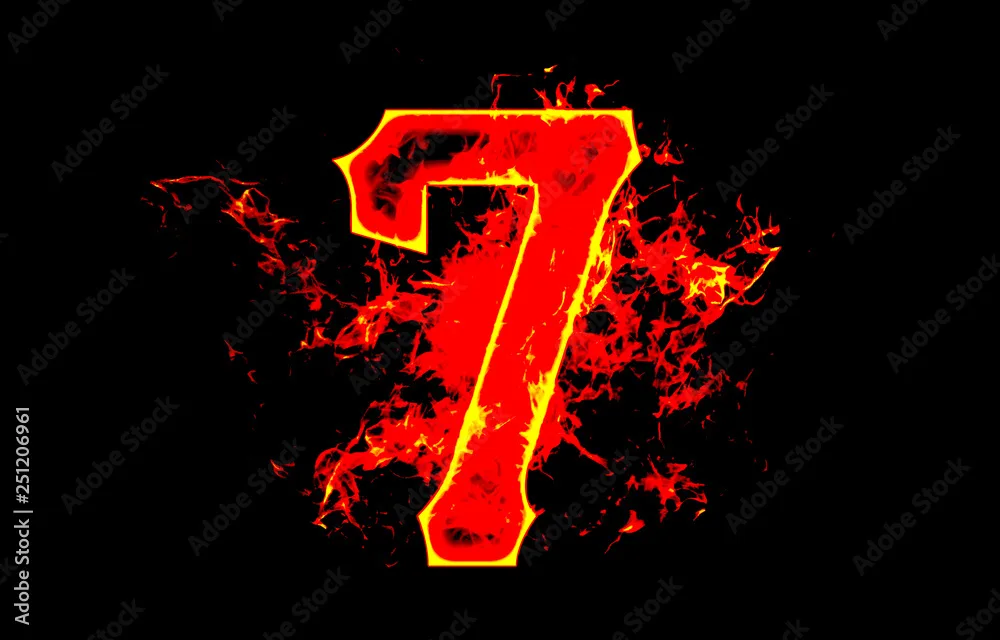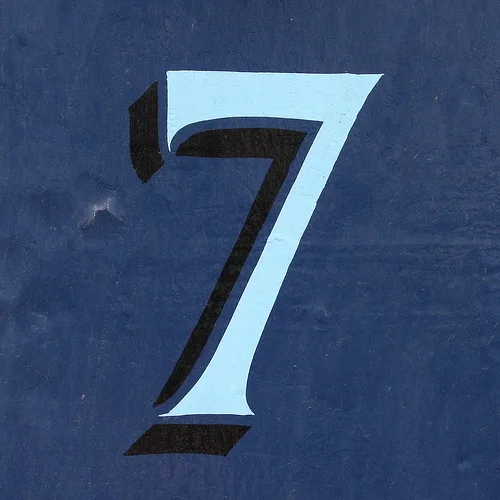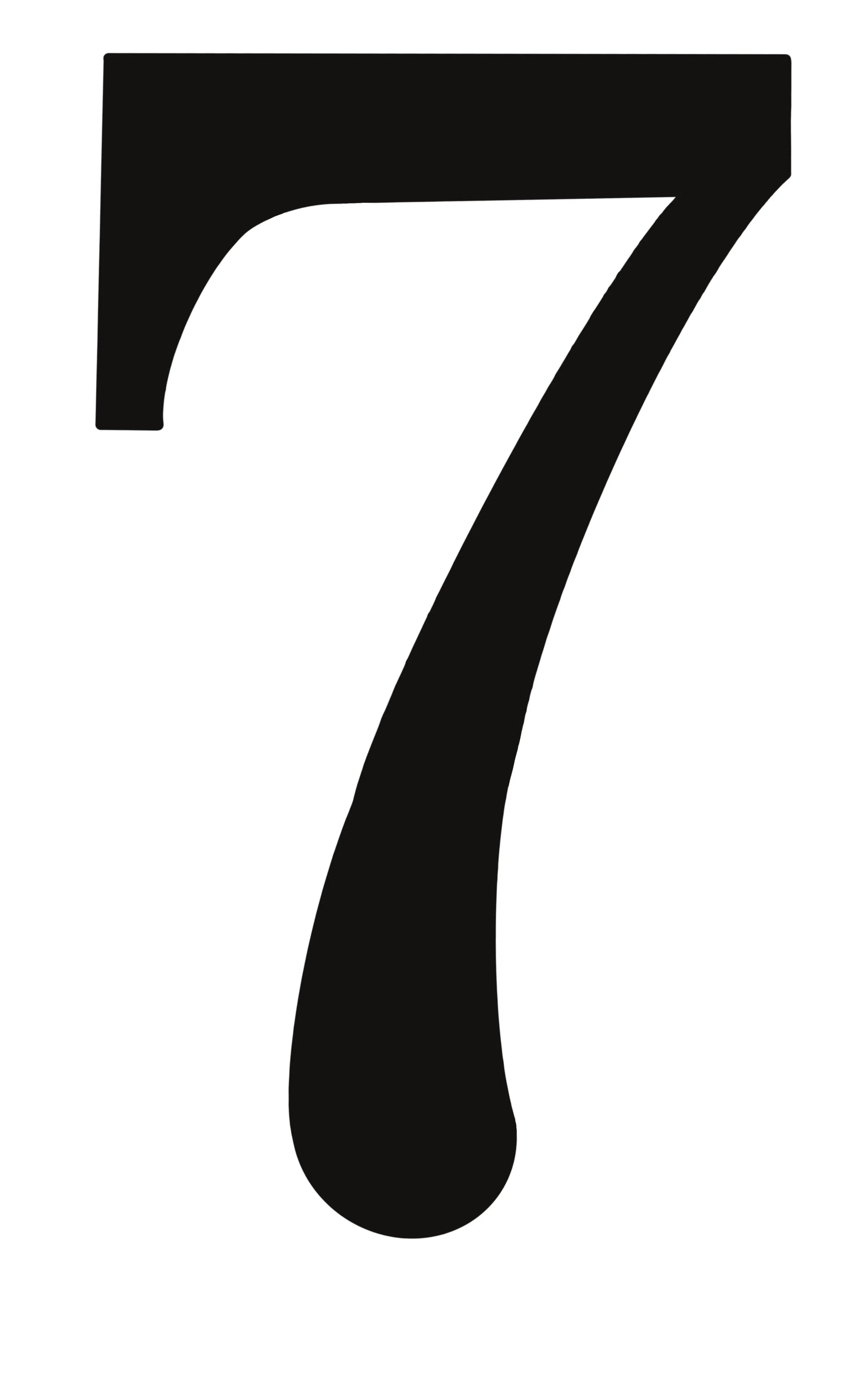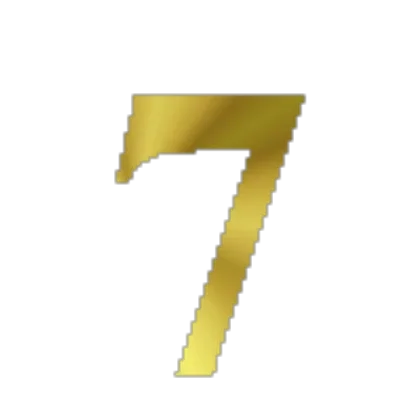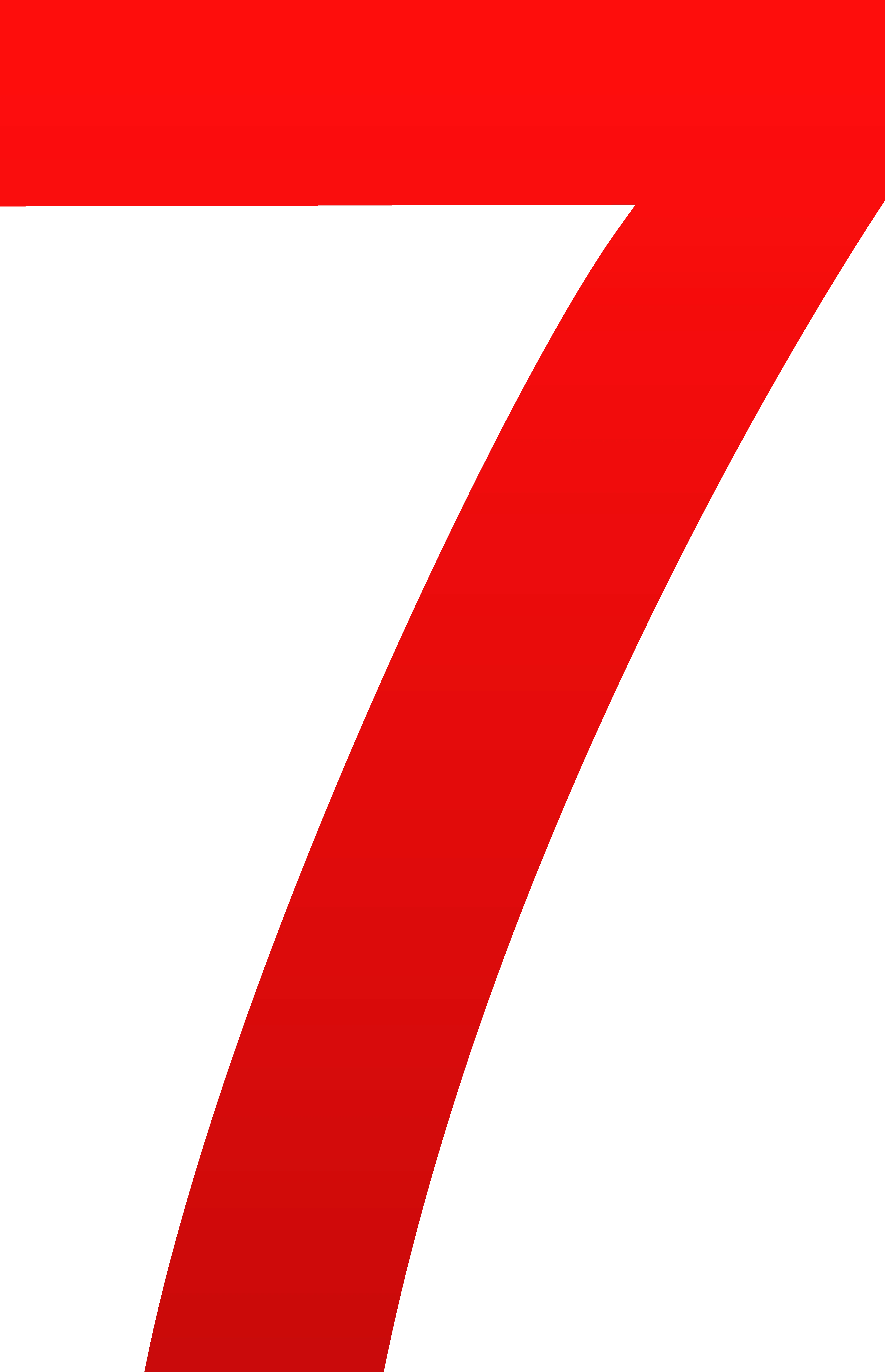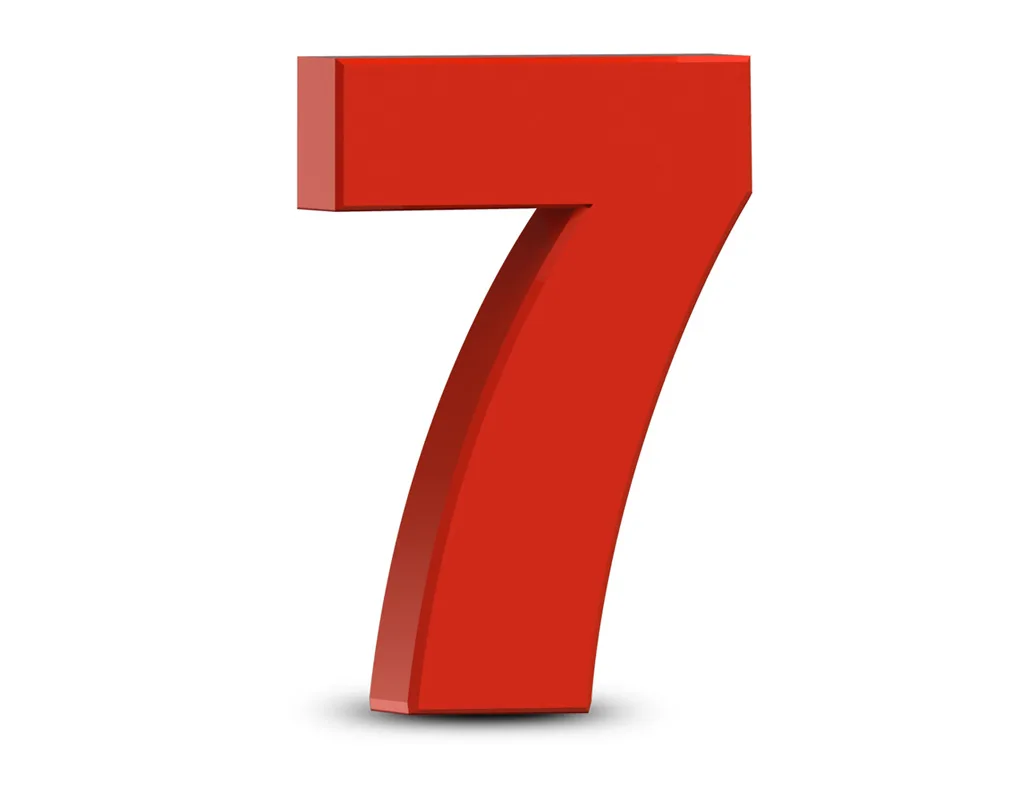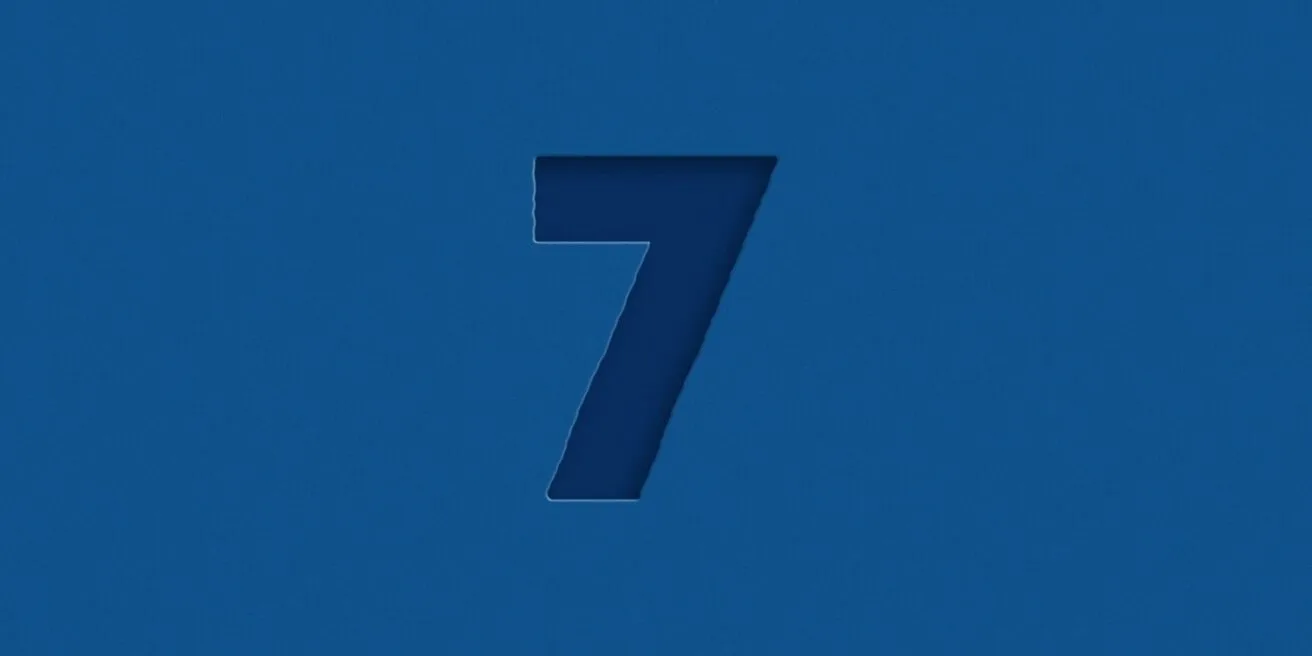7 Pin Socket Wiring Diagram Wallpapers
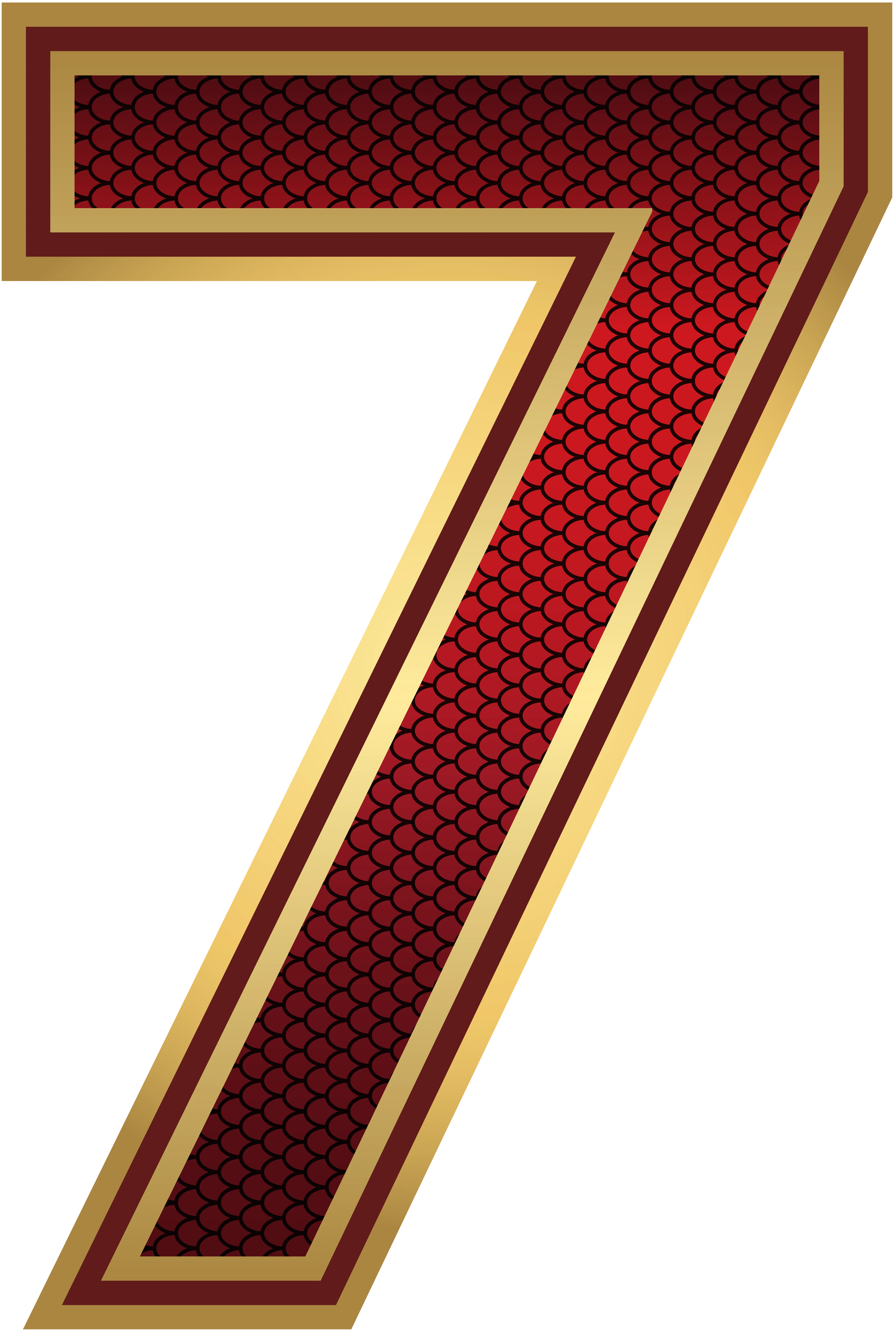
Related Images
More Images
Explore Topics 1
- Lewis Dot Diagram For Pbr3
- Ford F 2510Fuse Diagram For 2013
- Dj Equipment Wiring Diagram
- Caterpillar Genset Wiring Diagram
- 2007 Dodge Ram 25010Fuse Box Diagram
- 4R70W Hydraulic Diagrams
- 12V Dual Usb Port Wiring Diagram
- Simple Dimmer Switch For Electrical Wiring Diagrams
- Diagram Of Cornice
- Electric Engine Diagram
Explore Topics 2
- Suzuki Lets 2 Wiring Diagram
- 1979 Corvette Wiper Wiring Diagram
- 1989 F1510Serpentine Belt Diagram
- Camaro Wire Diagram
- 1982 Club Car 36V Wiring Diagram
- Nippondenso Car Ignition Wiring Diagram
- Bulldog Deluxe 5010Wiring Diagram
- 6 Pin Trailer Plug Wiring Diagram Standard
- 2002 Toyota Highlander Wiring Diagram
- Ford Focus Mk3 Haynes Wiring Diagram
Explore Topics 3
- Diagram Of Ford Focus 2007 Engine
- Free Download X Series Wiring Diagram
- Ford Generator Wiring Diagram
- Rotax Motorcycle Engine Diagram Clutch
- Volvo Xc910Alternator Wiring Diagram
- 1997 Jeep Wrangler Wiring Diagram 6 Cyl
- Ford Transit Connect Wiring Diagram 2006
- 2003 Ford F 2510Wire Diagram Fuse
- Ethernet Cable Wiring Diagram 568B
- 48 Volt Coil Wiring Diagram Schematic
Explore Topics 4
- Prop Wiring Diagram For 6594
- 2005 Impala Wiring Diagram
- Wiring Diagram Of Star Delta Starter Control
- Uverse Home Wiring Diagram
- Farmall H 12V Wiring Diagram
- 1987 Bayliner Volvo Penta Wiring Diagram
- S110Ignition Switch Wiring Diagram
- 6 Pole Wire Diagram
- Scada System Wiring Diagram
- Wire Diagram 1988 Jeep
Explore Topics 5
- Ss Engine Diagram Clutch
- 2009 Chevy Colorado Wiring Diagram
- Circuit Diagram For Contactor
- Roller Micro Switch Spdt Wiring Diagram
- 2004 Chevy Aveo Fuse Box Diagram
- 2001 Camry Wiring Diagram Manual
- Ford Focus Radio Wiring Diagram
- 1993 Ford F1510Engine Diagram
- 2002 Hyundai Xg3510Fuse Box Diagram
- 1969 Belvedere Satellite Road Runner And Gtx Wiring Diagram Manual

